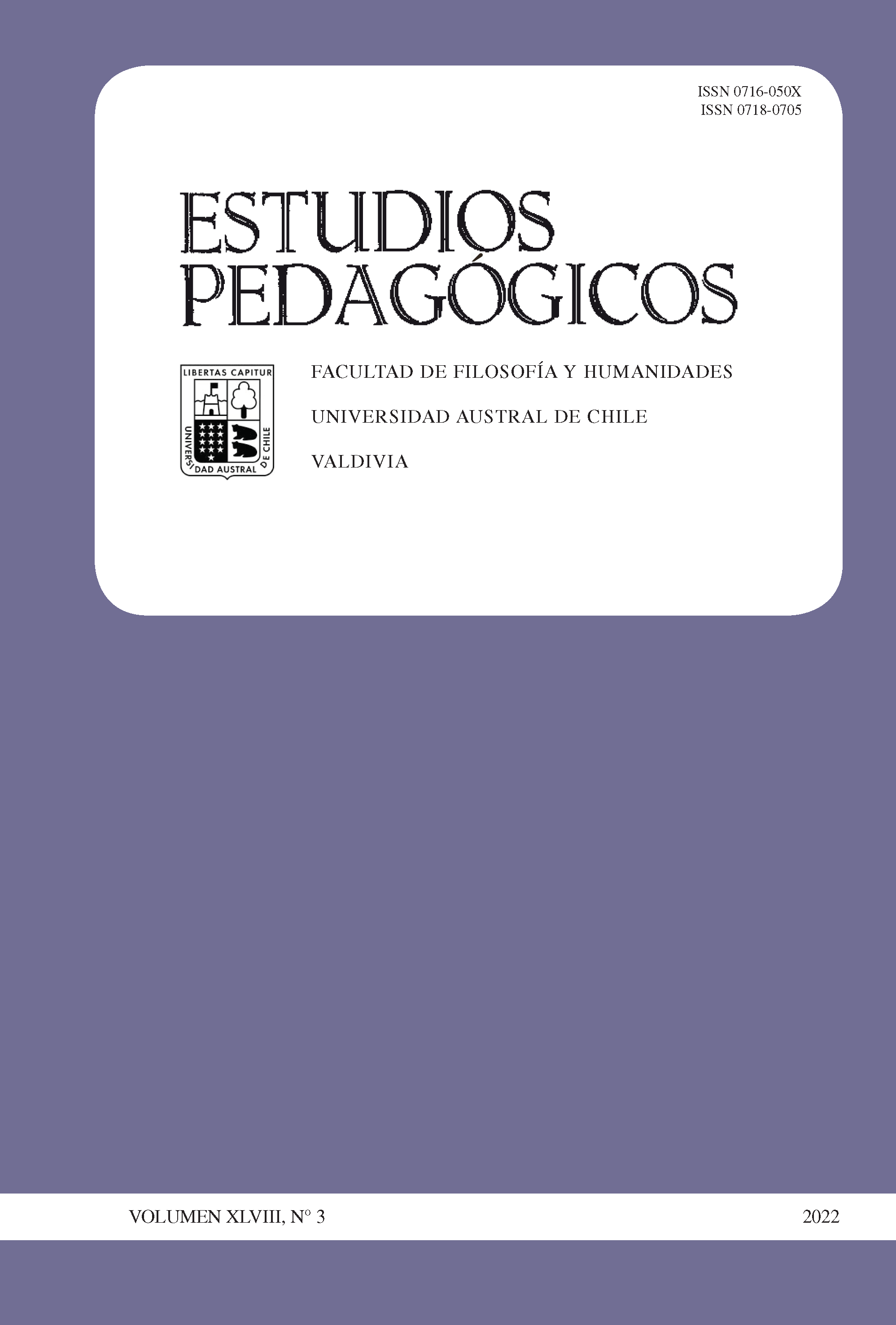School career and university admission processes in Chile: between academic talent and the reproduction of gaps
Main Article Content
Abstract
This article describes and analyzes the profile of the students belonging to the top 10% of school performance who participated in the university admission process in 2018, according to their AST performance, application and enrollment. The design is quantitative-cross-sectional, including ratio and mean analysis, as well as a multivariate model. The results show that the school’s socioeconomic level has a notable influence on AST performance, with relative independence from the talent shown during the school career. Although the Top 10% students obtain better AST scores, this does not guarantee them a place in university; variables such as school quality or selectivity of the program to which they apply are determining factors in this event. The conclusions highlight the contribution of the Ranking of Grades to the inclusion of applicants with outstanding school careers in vulnerable contexts, although its effectiveness also depends on the propaedeutic action carried out by the universities.

